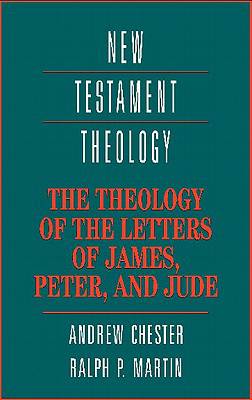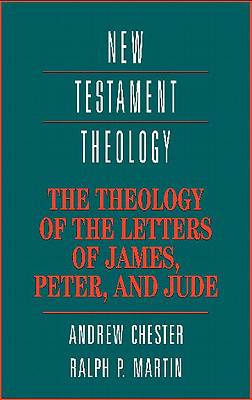
- Retrait gratuit dans votre magasin Club
- 7.000.000 titres dans notre catalogue
- Payer en toute sécurité
- Toujours un magasin près de chez vous
- Retrait gratuit dans votre magasin Club
- 7.000.0000 titres dans notre catalogue
- Payer en toute sécurité
- Toujours un magasin près de chez vous
Description
The letters of James, Peter, and Jude number among the most neglected parts of the New Testament. The authors of this study argue that the letters in question are more theologically significant than is often considered the case, and have a distinctive role to play in contemporary discussion of Christian faith. Andrew Chester sets James in context and discusses its main themes: eschatology, faith and works, ethical and social teaching; and (to a lesser extent) law, wisdom, human nature, ministry, God, and Christ. He addresses the problems that James has been seen to pose, in relation to Paul, for the canon and coherence of the New Testament, and points to the significance of James for the present day, especially in its attack on the rich and powerful and its demand for faith to be lived out in everyday life. Ralph P. Martin in turn shows how Jude and 1 and 2 Peter give insight into Jewish Christianity in its earliest development; how the Christian movement wasunderstood in an outlying region of the empire; and how the post-apocalyptic church utilized the memory of Peter for its practical needs. The resulting picture constitutes an expert and long-overdue treatment of these letters as valuable theological documents in their own
Spécifications
Parties prenantes
- Auteur(s) :
- Editeur:
Contenu
- Nombre de pages :
- 204
- Langue:
- Anglais
- Collection :
Caractéristiques
- EAN:
- 9780521356596
- Date de parution :
- 28-10-94
- Format:
- Livre broché
- Format numérique:
- Trade paperback (VS)
- Dimensions :
- 138 mm x 214 mm
- Poids :
- 254 g

Les avis
Nous publions uniquement les avis qui respectent les conditions requises. Consultez nos conditions pour les avis.






